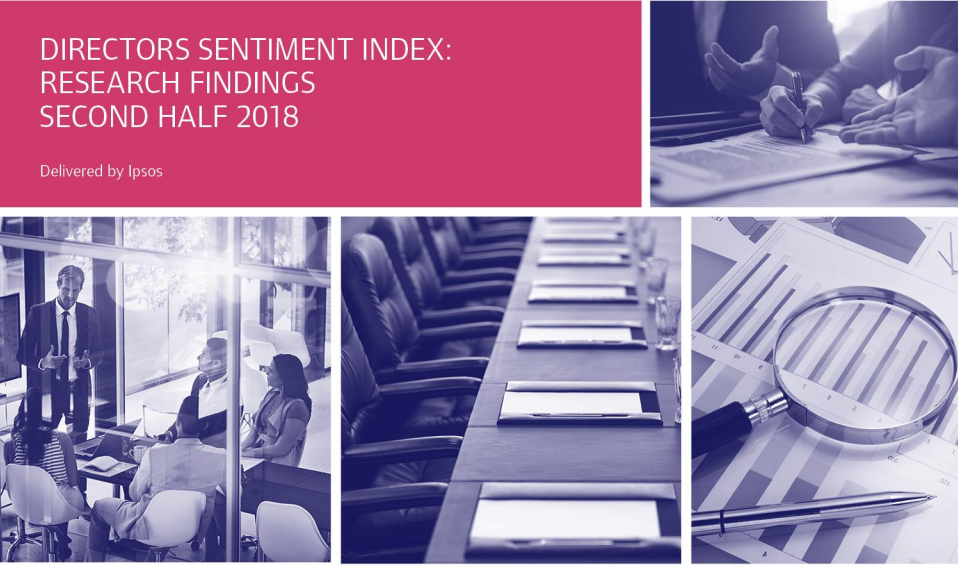Big super funds have threatened to vote against company directors who do not make sure their businesses are committed to action on global heating that includes hitting net zero by 2050.
The Australian Council of Superannuation Investors (Acsi), which represents investors that manage more than $1tn in retirement savings and hold about 10% of the shares in the top 200 companies in the country, said some boards were not tackling the climate crisis quickly enough.









